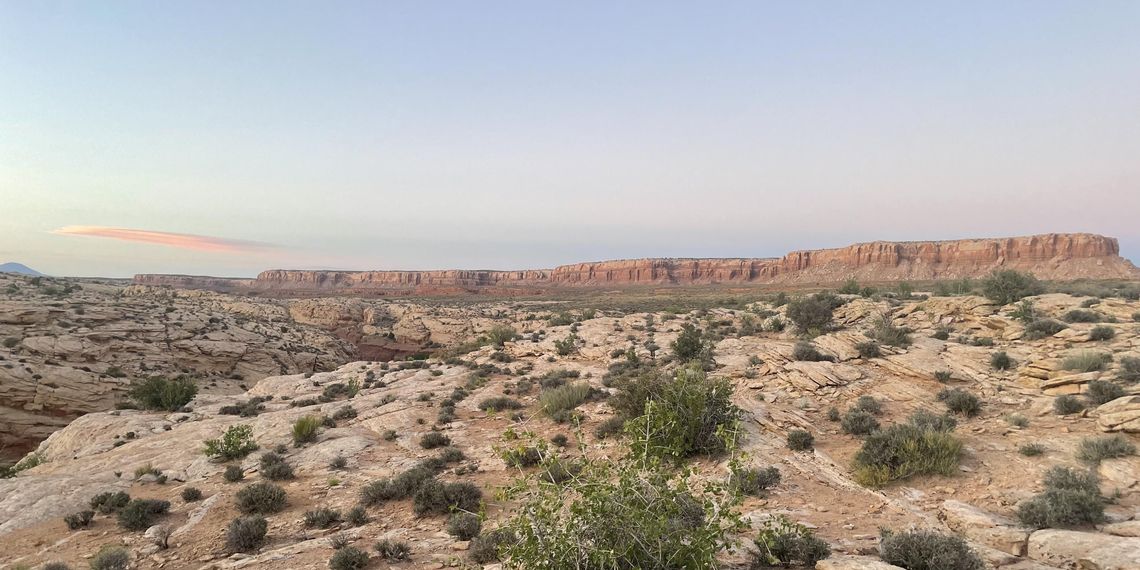TRUE Program
Learn more about Tribal, Rural, and Underserved Medical Education here.
the heart of a bustling clinic, an extraordinary bond formed—a bond that transcended stethoscopes and prescriptions. This bond was not just between a doctor and a patient, but it spanned three generations, weaving a tale of resilience and hope that taught me the power of listening.
It all began with a family that had journeyed from Mexico to the United States in search of a new beginning. The youngest of the trio was grappling with an invisible adversary—mental illness. As her physician, my role extended beyond mere medical diagnosis; I nurtured her spirit back to health. But this story was different; it wasn't just her we cared for—it was her mother and grandmother. It became evident that their struggles, fears, and dreams were inextricably linked.
And as I listened to their stories, I realized that my role was to diagnose and treat and bear witness to their narratives.
With each interaction, I discovered that listening was an art form—a medium through which empathy and understanding flowed. Through my patient’s struggles, I learned that healing wasn't just about prescribing medications but offering a refuge where pain could be voiced, and vulnerabilities unveiled. Treating her was a collaborative effort involving medical knowledge and an emotional connection that bridged the gap between two cultures.
Amid appointments and checkups, I realized that listening was vital to this connection—a skill that transcends languages and barriers. The stories shared in the confines of the clinic room weren't just medical anecdotes; they were fragments of lives reshaped by migration, resilience, and the battle against mental illness. Through listening, I gained insights into the intricate fabric of their experiences, understanding the nuances that shaped their perceptions of health and well-being.
Ultimately, the longitudinal relationship I forged with this patient and her family taught me the significance of listening, of holding space for stories that often go unheard. It illuminated that medical care isn't a transaction—it's a shared narrative, a weaving of experiences, a tapestry of vulnerability and strength. The power of this relationship lay in the shared moments of silence, in the tears that fell, and in the laughter that followed—a testament to the profound impact of medicine as an art that heals not just bodies but souls.
In the echoes of their stories, I found a renewed commitment to my learning. Beyond the medical textbooks and clinical procedures, I understood that my most important tool was my ability to listen with an open heart, bridge divides, and offer solace in uncertainty.
And as I continue on my journey as a physician, I carry with me the wisdom imparted by these three generations of women—a lesson that will forever guide my approach to patient care and remind me that true healing begins with listening.
Brighton Alvey
Free clinics serve as a vital pillar for urgent medical care for underserved populations in our community. Four Physician Assistant students at University of Utah explain how their involvement in student-led free clinics have benefited the community—and their medical education.
Director of community engagement RyLee Curtis shares how we’re partnering with communities to build a new learning and health campus, and what we can apply now, even before construction starts
How can we put compassion for ourselves and others at the center of what we do? Second year medical student Tanner Nelson interviews pediatric ophthalmologist Griffin Jardine to share how he helps to install hope and compassion with his patients, and himself.
